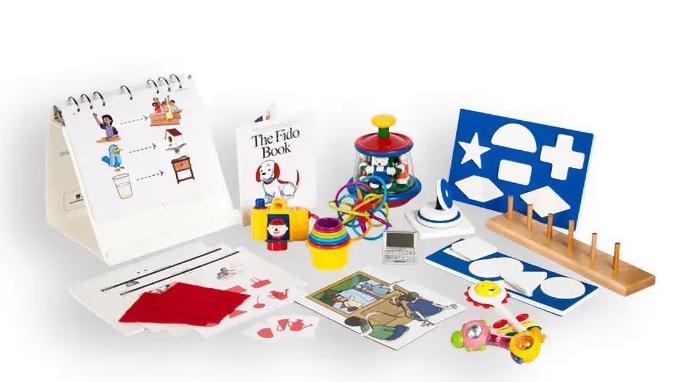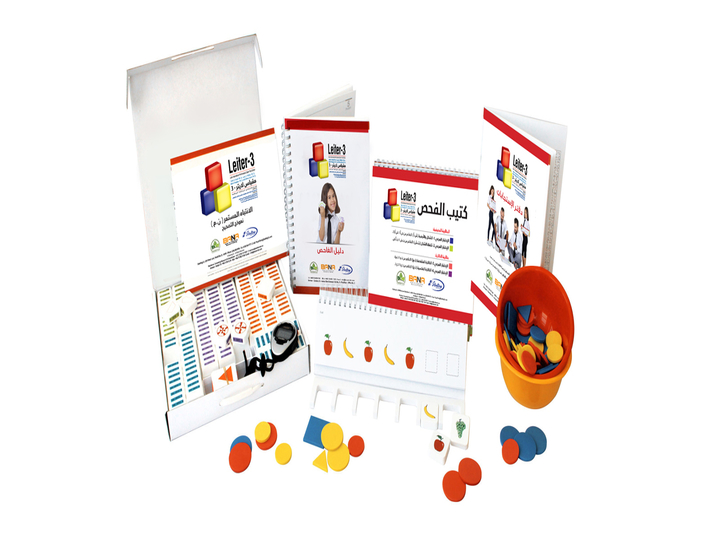If you’re taking medication and you don’t know how it reacts to alcohol, don’t consume alcohol. Because the body’s ability to break down alcohol worsens with age, alcohol stays in the body longer. Older people are also more likely to be prescribed medication that interacts with alcohol in the first place.
In addition, no serious interactions appear to occur when these agents are consumed with moderate alcohol doses (Matilla 1990). In fact, SSRIs have the best safety profile of all antidepressants, even when combined in large quantities with alcohol (e.g., in suicide and overdose situations). First-pass metabolism is readily detectable after consumption of low alcohol doses2 that leave the stomach slowly (e.g., because they have been consumed with a meal). Thus, under such conditions of delayed gastric emptying, more alcohol can be metabolized in the stomach or absorbed slowly from the stomach and transported to the liver for first-pass metabolism. Diabetics who consume alcohol also must be alert to the fact that the symptoms of mild intoxication closely resemble those of hypoglycemia. Finally, patients using certain diabetes medications (e.g., chlorpropamide) should be cautioned that the medications can cause a disulfiram-like reaction when alcohol is consumed.
Brugada syndrome can be life-threatening and requires immediate medical attention. Call your doctor or the emergency department right away if you have a fast, pounding, or uneven heartbeat, unexplained fainting, lightheadedness, or troubled breathing after using this medicine. Nortriptyline may cause a serious condition called serotonin syndrome if taken together with certain medicines. Check with your doctor first before using any other medicines with nortriptyline. For some children, teenagers, and young adults, this medicine can increase thoughts of suicide.
Alcohol and Medication Interactions
If your doctor prescribes these medications together, you may need a dose adjustment to safely take this combination. It is important to tell your doctor about all other medications you use, including vitamins and herbs. In general, probably only a small fraction (perhaps 10 percent) of ingested alcohol is eliminated from the body by first-pass metabolism after consumption of low doses of alcohol. As alcohol ingestion increases, the amount of alcohol eliminated by first-pass metabolism becomes an even smaller fraction of the total amount of alcohol consumed.
Both alcohol metabolism and the metabolism of certain medications can generate reactive oxygen species, thereby inducing a state called oxidative stress demi lovato first album in the cells. At the same time, heavy alcohol consumption reduces the amount of glutathione in liver cells, particularly in the mitochondria (i.e., the cell components where most of the cell’s energy is generated). Consequently, the cell’s protective mechanisms against oxidative stress are impaired, and cell death may result. Furthermore, reduced glutathione levels increase the liver’s susceptibility to damage caused by toxic breakdown products of some medications (e.g., acetaminophen and isoniazid).
Common side effects
Using this medicine with any of the following medicines is not recommended. Your doctor may decide not to treat you with this medication or change some of the other medicines you take. It is thought to work by increasing the activity of serotonin in the brain.
They can provide personalized guidance based on your specific medications and health status. In contrast to ADH, the alcohol-metabolizing enzyme cytochrome P450—also called microsomal ethanol oxidizing system (MEOS) (Lieber 1994)—plays a central role in alcohol-medication interactions. Accordingly, CYP2E1 plays an important role in many alcohol-medication interactions. Alcohol that has not been eliminated by first-pass metabolism enters the systemic circulation and is distributed throughout the body water (i.e., the blood and the watery fluid surrounding and inside the cells). The proportion of body water and body fat differs between men and women and between young and old people; women and older people generally have more body fat and less body water than do men and younger people.
Related treatment guides
- Cannabis with nortriptyline can make you feel very sleepy, especially if you’ve just started taking it.
- Acetaminophen breakdown by CYP2E1 (and possibly CYP3A) results in the formation of a toxic product that can cause potentially life-threatening liver damage.
- In people taking warfarin and ingesting a few drinks in one sitting, anticlotting effects may be stronger than necessary for medical purposes, placing these people at risk for increased bleeding.
- Taking opioid-based medicines, like codeine, morphine or oxycodone, together with nortriptyline can increase your risk of becoming very drowsy and having breathing problems.
If both medicines are prescribed together, your doctor may change the dose or how often you use one or both of the medicines. If you or a loved one are ready to seek treatment for co-occurring alcohol use and depressive disorders, American Addiction Centers (AAC) can help. However, even medications that don’t require a prescription can be unsafe when mixed with alcohol. For example, OTC painkillers (including nonsteroidal anti-inflammatory drugs) can cause a range of symptoms from gastrointestinal upset to bleeding and ulcers in the stomach to tachycardia (racing heart).
The American Heart Association (AHA) recommends limiting your intake to no more than one or two occasional drinks if you are on anticoagulant therapy. Antipsychotics may be prescribed for people with conditions such as bipolar disorder or schizophrenia. The label on your medication may not specifically warn against consuming alcohol while you are taking the drug, so it’s important not to assume that the absence of a warning means it is safe to mix the two.
Aside from this effect of gender and age on BALs, researchers have not reported any other major gender- or age-related differences in susceptibility to alcohol-medication interactions. Additionally, if you have an underlying health condition like heart disease or high blood pressure (hypertension), mixing alcohol with your medications can put you at risk for complications. For starters, it is best to abstain from alcohol upon the first few doses of Pamelor, as each body can react differently to foreign chemicals and medicines. The initial reaction to antidepressant treatment helps set the tone for how treatment should continue, so it is best to allow yourself time to get acclimated to the drug before potentially compromising treatment with alcohol. At the point of regularity when the substance has taken effect, controlled alcohol consumption may be acceptable but only in moderation and with direction from the prescribing doctor. Thus, long-term (i.e., chronic) alcohol consumption in well-nourished diabetics can lead to hyper-glycemia.
Excessive NADH levels can inhibit glucose production (i.e., gluconeogenesis) and breakdown (i.e., oxidation) of fat molecules as well as stimulate production of fat molecules. (A) Alcohol ingested through the mouth reaches the stomach, where a portion is metabolized by the enzyme alcohol dehydrogenase (ADH). The remaining alcohol enters the intestine, where most of the remainder is absorbed into the bloodstream and enters the portal vein that leads to the liver. In the liver, part of the alcohol is metabolized by ADH or cytochrome P450.
These classes differ in their mechanism of action in that they affect different brain chemicals. All types of antidepressants, however, have some sedative as well as some gas-x and alcohol interaction stimulating activity. This means the common side effects tend to be milder and go away within a few days. Before having any kind of surgery, tell the medical doctor in charge that you are using this medicine. Taking nortriptyline together with medicines used during surgery may increase the risk of side effects.
If your pain does not get better or you have side effects, talk to your doctor as there may be other treatments which work for you. Nortriptyline will not change your personality or give you a high of feeling happy. There’s very little information about taking nortriptyline with other herbal remedies and supplements. Always check with your doctor or a pharmacist before starting substance abuse games for groups any new medicine while you are taking nortriptyline. If you are being treated for depression it’s important to continue taking nortriptyline to keep you well. You may be advised to continue taking nortriptyline during pregnancy, especially if you take it to treat depression.



